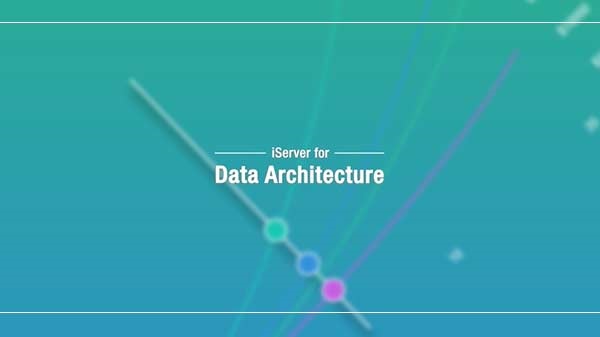iServer supports the alignment of data architecture with the business strategy by providing extensive data modeling and metadata management capabilities, as well as the ability to reuse data constructs, thus eliminating duplication.
Data architecture is the set of rules, policies, standards and models that describe the type of data collected, as well as how it is used and stored within the enterprise’s data systems.
Today, it’s vital that organizational data is defined, visible and managed as an asset. iServer offers extensive support for the development and management of a solid data architecture with its central repository and toolset. With iServer, users can expect to:
- Consolidate and reuse data components
The platform’s data modeling capabilities include support for TOGAF and ArchiMate to enable the creation of standardized visual maps of how data components fit together, such as a data landscape map and data catalogs.
- Understand relationships and impact between data, systems, applications and processes
With the Data Modeler Connect module, users will have the option to perform impact assessments, revealing how changes in the data management landscape will other domains, for instance, depicting how certain data entities support a critical business service.
- Manage data and meta-data with predefined templates
Data architects can define how data is stored and managed by different data entities, processes and IT systems. Templates for Entity relationship diagram, as well as conceptual, logical and physical data model are available out of the box.
- Govern and enforce consistency and standards across all data
iServer’s data modeling and meta-data management capabilities are aligned to BPMN 2.0, UML and other notations. As a result, it can be used to enforce controls over data models.
In summary, iServer provides an optimum platform to address the many challenges afforded by a data architecture practice. With iServer you get a deep understanding of the impact of change, understanding the unstructured platforms in the technology market and complex data environments, defining how, where and by whom data can be generated and stored, or enforcing standardization throughout the enterprise.
This will ultimately enforce data security, promote visibility of relevant information, support regulatory compliance, and drive your operational efficiency.
Data architecture is just one of the many architecture domains supported by iServer. To see how iServer can support your own activities, please book a free demo with a consultant today.
Enterprise Architecture Video